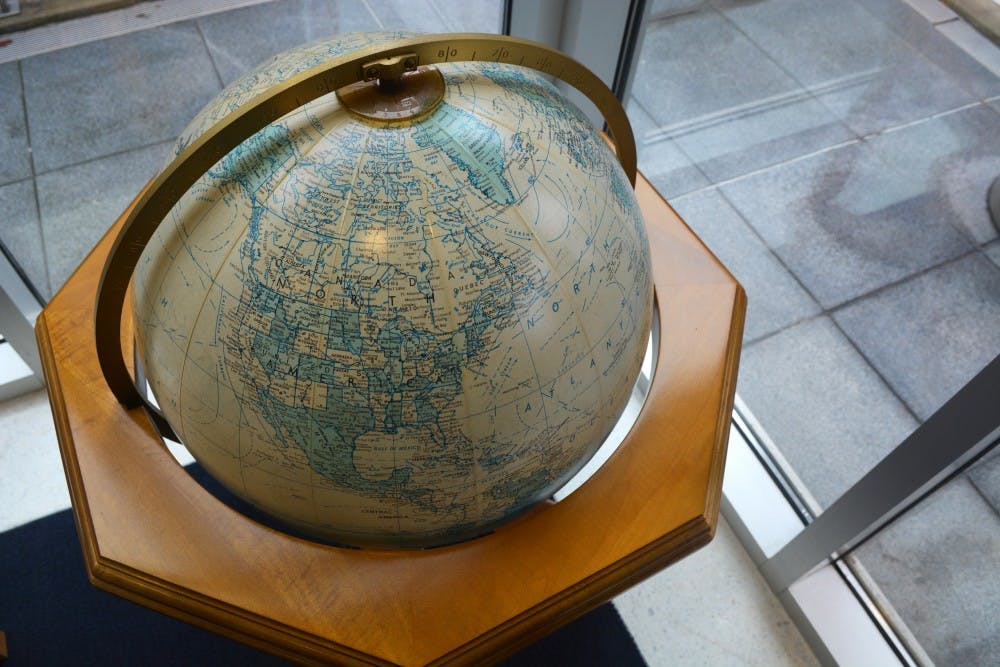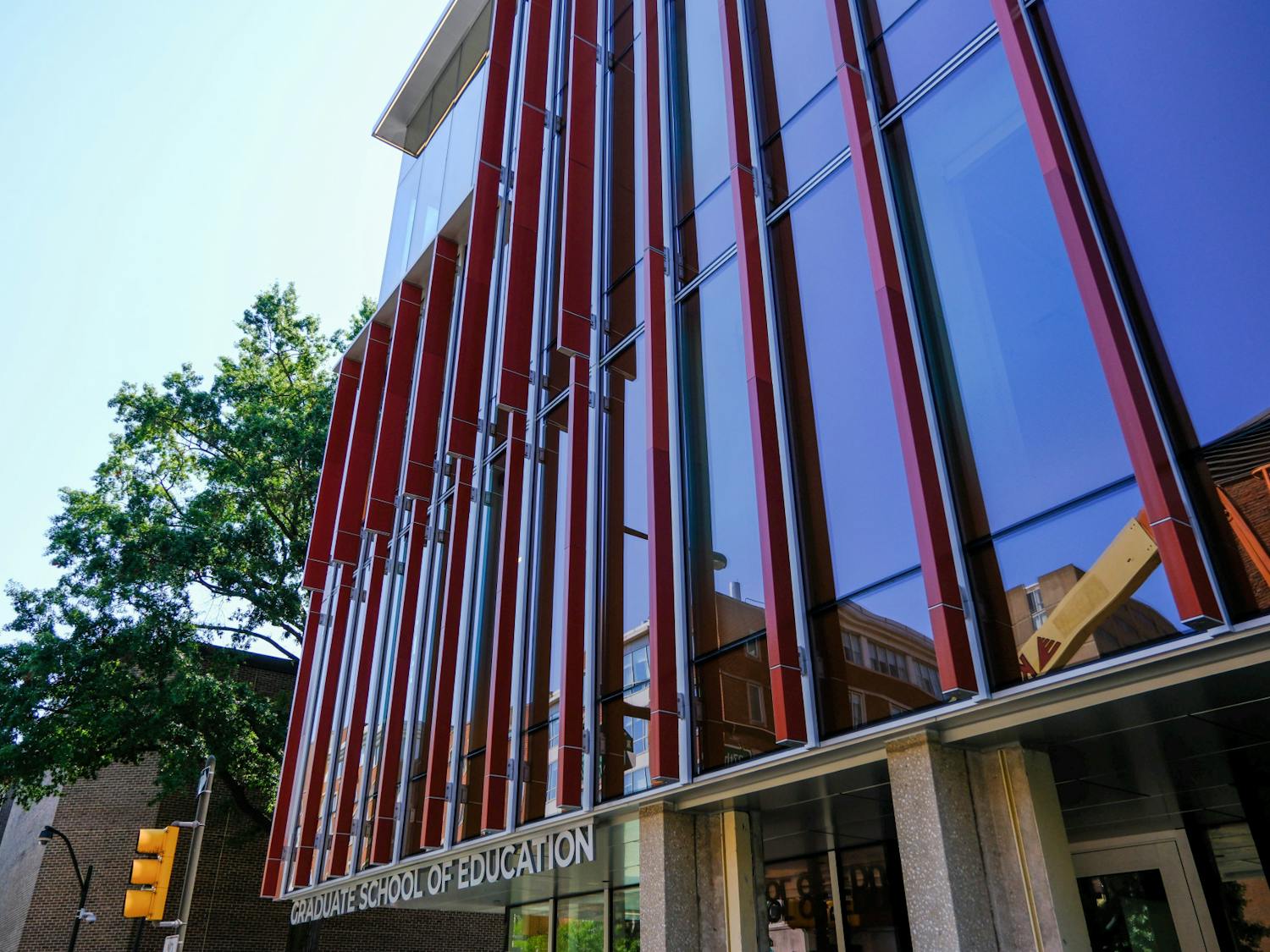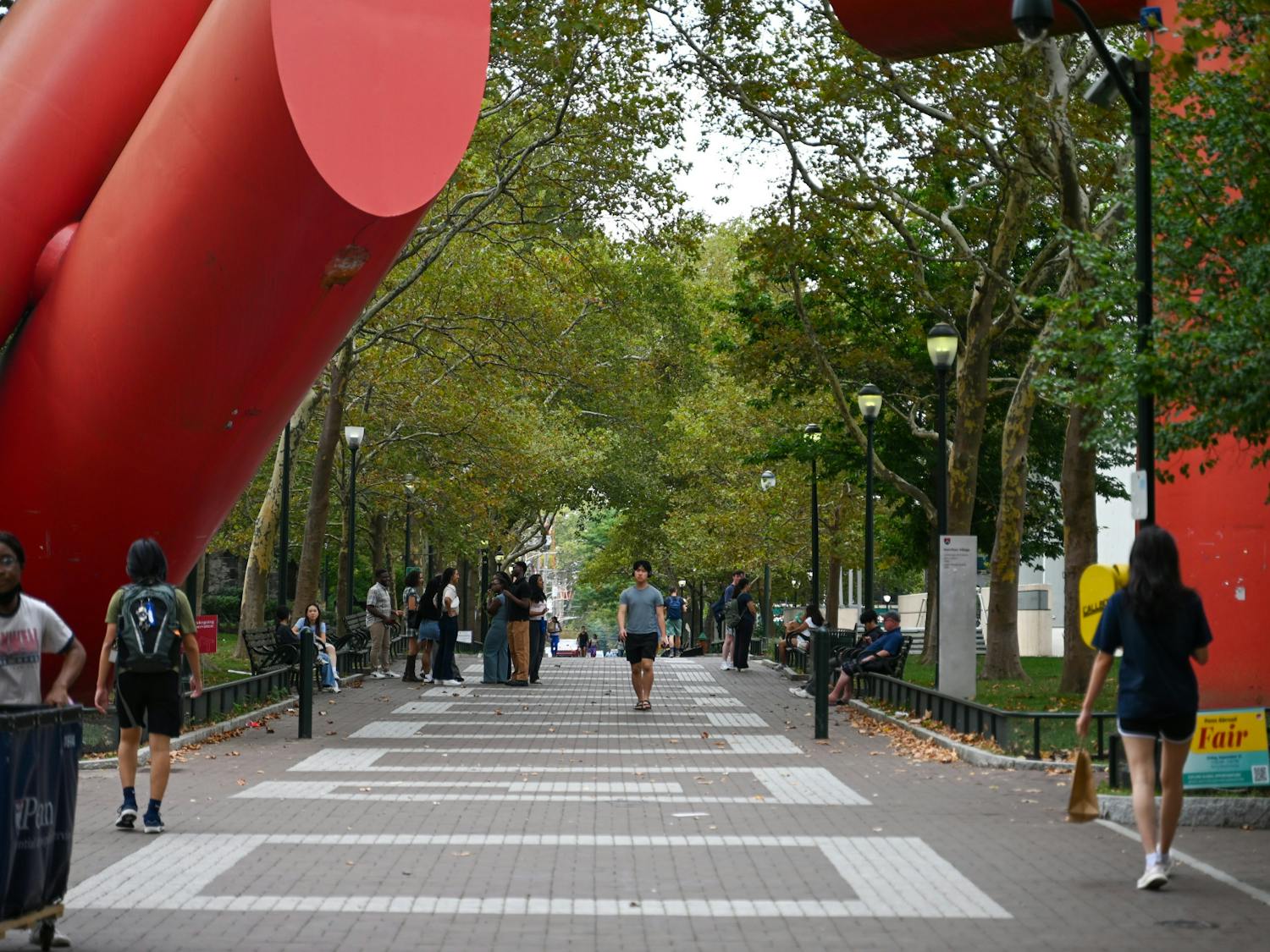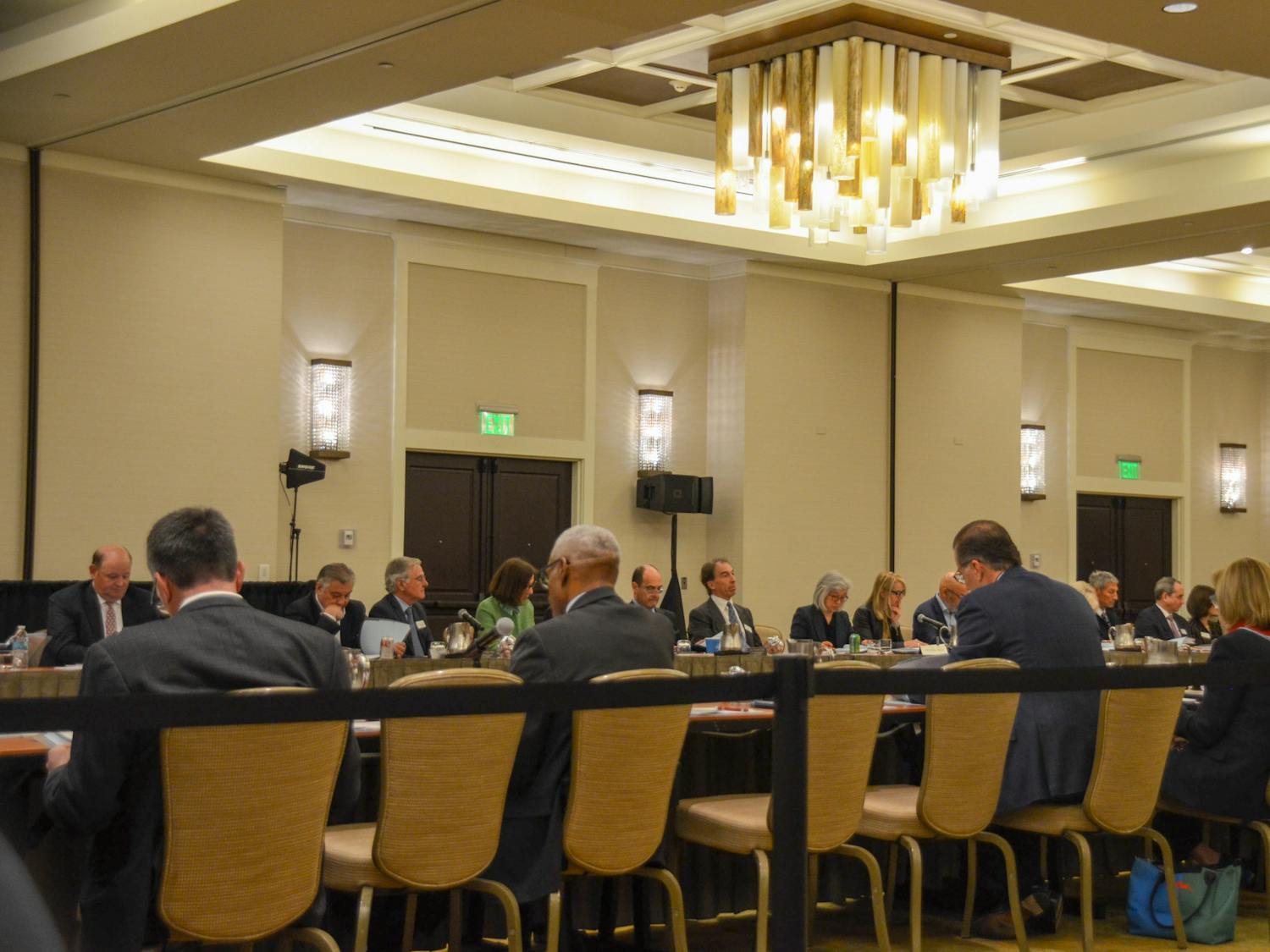Penn Global Seminars offer students a chance to travel across the globe to apply concepts learned in the classroom in the real world. Destinations include Costa Rica for a tropical biodiversity class and South Africa for a history course.
In less than a month, applications for faculty members to lead a Penn Global Seminar for the 2020-2021 academic year will close.
In an effort to expand the Global Seminar model, the Penn Global office is now accepting courses with prerequisites, courses taught in a language other than English, and major- or program-specific courses for this application cycle. Previously, Penn Global Seminar courses were only courses that did not require prerequisites.
Professors who have taught these seminars say the experiences are rewarding, and they greeted the expansion of the Global Seminar model.
Penn Global Programs Manager Laurie Jensen said Penn Global handles most of the logistics of the travel component, including payments and reservations, so the faculty members can focus on teaching the course.
Earth and Environmental Science Undergraduate Chair and professor Alain Plante taught a Penn Global Seminar on environmental sustainability last semester that included a trip to Iceland in May.
“It was a perfect marriage to put together a course and have the support in the logistics," Plante said.
Jensen said Penn Global hopes to include more academic departments that are underrepresented in the Penn Global Seminars and study abroad programs through this expansion.
RELATED:
Penn Global to offer its first biology seminar course in Costa Rica
Students praise Penn Global Seminar flat fee for increasing financial accessibility
“We spent more than two years of research on trying to figure out what departments and students are looking for, what barriers there are to faculty proposing [their course ideas], and students taking courses,” Jensen added.
Penn Global Seminars are opening up their courses to those with prerequisites because it is difficult for certain departments and schools to propose such courses that are open to all students regardless of discipline, Jensen said.

“This led to this idea of broadening the PGS model, and rather than saying no prerequisite ever, we can have a small subset of courses that do target the major specific and upper level courses that require background knowledge,” Jensen said.
However, Plante said there are more barriers to leading a Penn Global Seminar than just the course requirements, citing preconceptions about subjects like hard sciences that are out of Penn's control.
“There is a perception that chemistry is chemistry, math is math, and it doesn't really matter where you do it and there isn't added value to going elsewhere,” Plante said. “And that the curriculum of science is tighter and it is harder to add this kind of component to a science class, but I am not sure that this kind of perception is correct.”
Faculty can face pressures from their department chairs to teach large lectures due to student demand, political science and law professor Beth Simmons said, which poses another obstacle to teaching small seminars with a travel component.
Plante added that it would be beneficial, for example, for an astronomy class to go to an observatory, or a science class to travel to a foreign academic institution where there is expertise, faculty, equipment or infrastructure that Penn lacks.
“I think that expanding student experience beyond the classroom is highly beneficial, whether it is physics [or] chemistry,” Plante said.
But Simmons said that science classes may find it harder to become a Penn Global Seminar.
“A lot of the times, science classes require laboratory commitment, and sometimes it is hard to think of a justification of going to a foreign laboratory.”
Simmons added that it is more work for faculty to lead a PGS course in comparison to a regular course.
“My semester is now two weeks longer because I am taking students to Turkey in January,” Simmons said, referencing her course on security and anxiety at international borders.
Penn Global also offered the first biology course in its Penn Global Seminar lineup this semester after the new flat-fee policy that Penn Global implemented last semester to promote accessibility.









